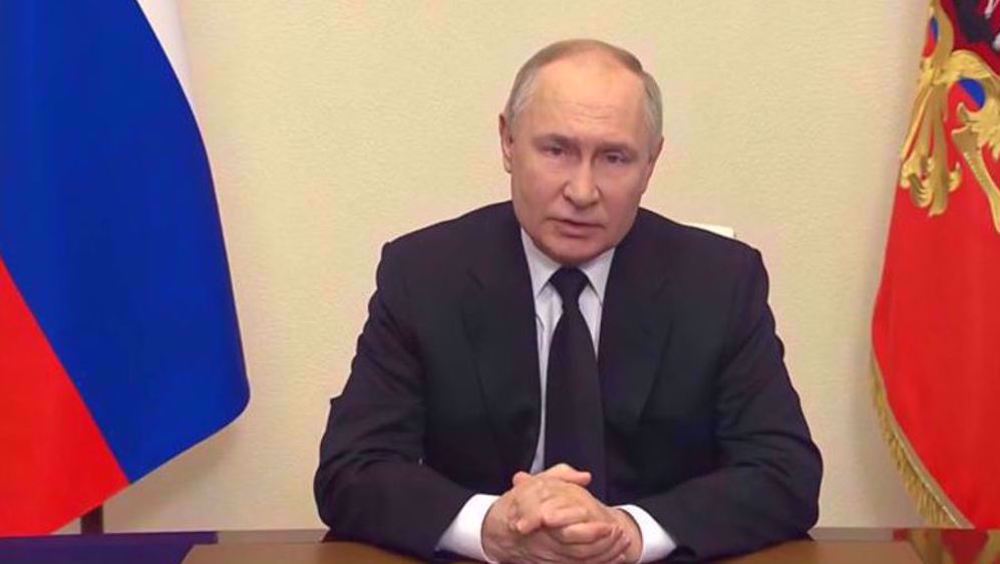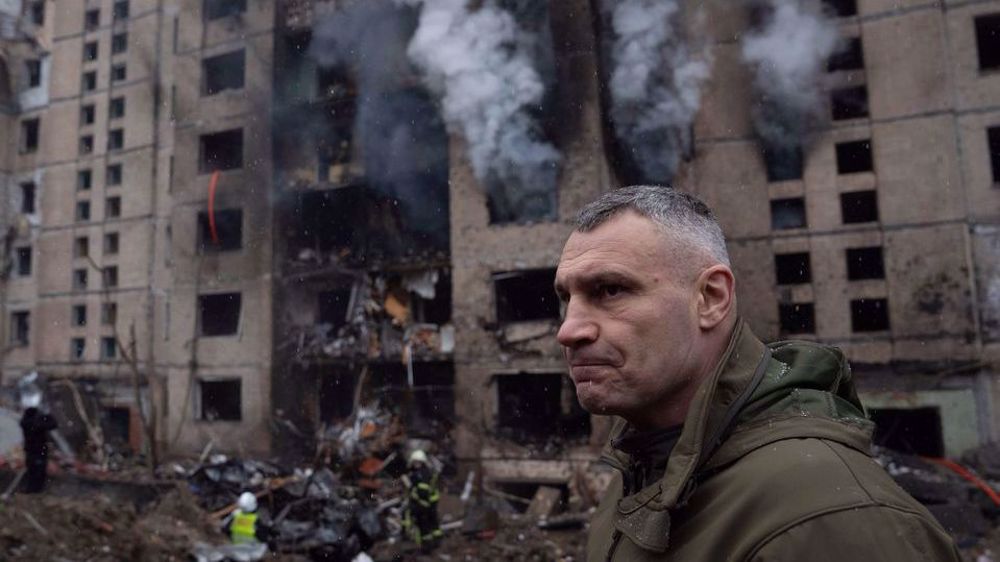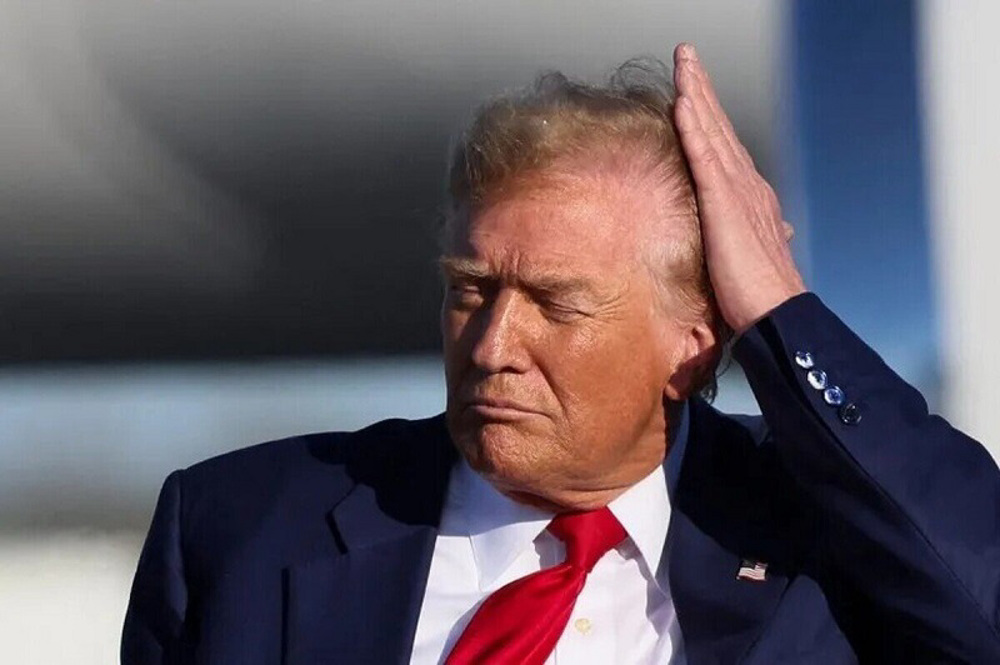NATO says meeting with Russia slated for July 13
The secretary general of the North Atlantic Treaty Organization (NATO) says the Western military alliance will hold fresh talks with Russia next week.
"We have decided together with Russia to hold a meeting of the NATO-Russia Council at ambassadorial level ... on 13 July at the NATO headquarters in Brussels, shortly after the NATO summit in Warsaw" later this week, Jens Stoltenberg said in a statement on Wednesday.
Stoltenberg added that the council, which serves as a mechanism for consultation and cooperation between the two sides, "has an important role to play as a forum for dialogue and information exchange, to reduce tensions and to increase predictability."
He noted that NATO-Russia discussions will focus on “the crisis in and around Ukraine and the need to fully implement the Minsk (ceasefire agreements."
The NATO member states and Russia met regularly until relations between Moscow and the military alliance plunged into a deep freeze following the start of Ukraine’s crisis in 2014.
In April, NATO and Russia held their first meeting since June 2014, with reports saying that it ended in “profound disagreements” on issues like Ukraine and accession of new states to the military alliance.
Leaders of the 28-nation bloc will meet in Warsaw to finalize the biggest military buildup of the alliance since the Cold War. The bloc says the buildup will come in response to what it calls new security challenges driven by Russia's alleged intervention in Ukraine.
Ties between NATO and Russia have been tense for the past two years over the crisis in Ukraine, where the government and its Western allies keep accusing Moscow of having a hand in the militancy in the east while the Kremlin strongly rejects the claims.
In September 2014, the government in Kiev and the pro-Russians signed a ceasefire agreement in the Belarusian capital city of Minsk in a bid to halt the clashes in Ukraine’s eastern regions.
The warring sides also inked another truce deal, dubbed Minsk II, in February 2015 under the supervision of Russia, Germany and France.

Since then, however, both parties have on numerous occasions accused each other of breaking the ceasefire.
The Minsk agreements envisage an immediate and full bilateral ceasefire, the withdrawal of all heavy weapons, prisoner exchange, local elections in the eastern regions of Donetsk and Lugansk, and constitutional reform in Ukraine.
Russia has also criticized NATO’s expansion policy to include countries in the Balkan region, saying the move directly harms Russia’s strategic interests in the Balkans.

Putin orders emergency planes to Iran after blast at port of Bandar Abbas

Ukraine may have to 'give up land' to Russia to secure peace: Kiev mayor

Trump Ukraine mediation muddle
IAEA director speaks with Araghchi about Iran-IAEA cooperation
US airstrike on Yemeni capital kills 8 people
VIDEO | Iran multilayered diplomacy
VIDEO | Press TV's news headlines
Iran more than halved its power grid losses to 10% in 16 years: Expert
Abbas names likely successor in move deemed ‘illegitimate, divisive’
Illegal Israeli settlers attack Palestinian school in occupied West Bank
VIDEO | Israeli forces tighten siege on Jenin refugee camp












 This makes it easy to access the Press TV website
This makes it easy to access the Press TV website